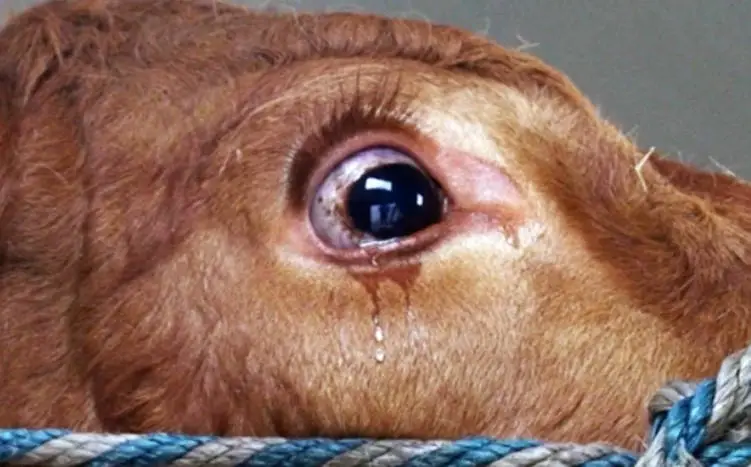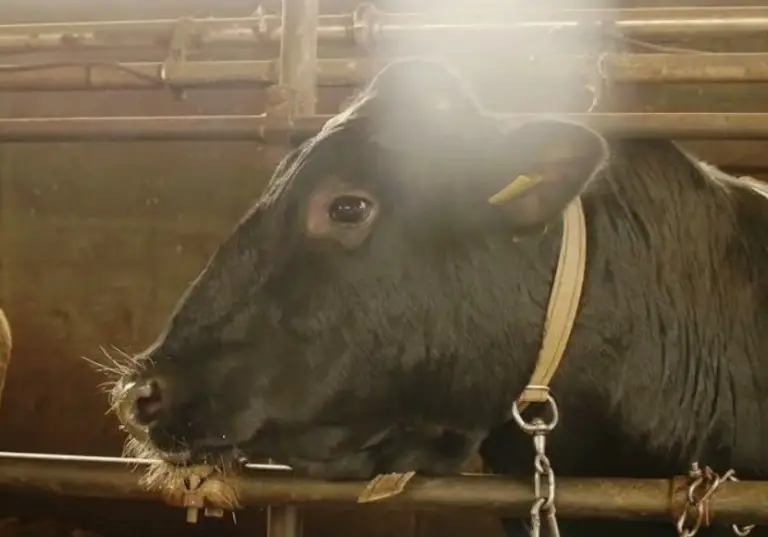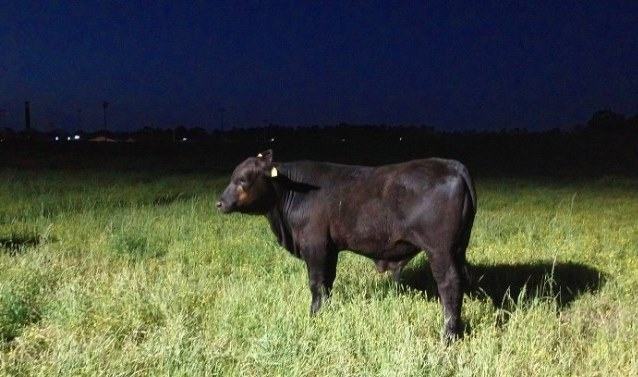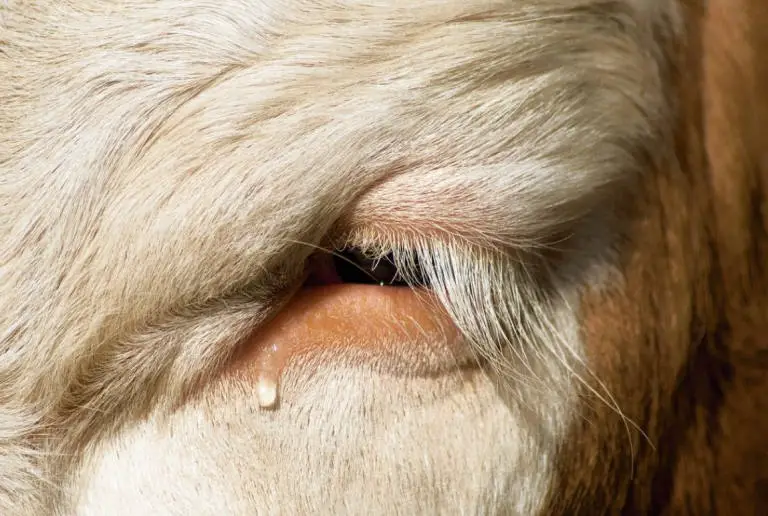No products in the cart.
Cow
Do Cows Cry Tears? [The Truth Revealed]
Whether cows can feel emotions like humans is a controversial topic on online forums of cow lovers and dairy farmers. While some people believe that cows can feel pains, others think that the “tears” in cows’ eyes are only their external irritation.
So, do cows cry when they are sad, hungry, stressed?
*This post may have affiliate links, which means I may receive commissions if you choose to purchase through links I provide (at no extra cost to you). As an Amazon Associate I earn from qualifying purchases. Please read my disclaimer for additional details.
Do Cows Cry?
Yes, cows do cry, and they have real tears. They are brilliant creatures and have a wider variety of emotions and feelings than other animals.
Tears are not only to reflect a cows’ sentiment but also a means to reflect their different opinions. We humans do not fully understand these animals, so it’s unfair to compare them with human beings.
Cows can cry tears or audibly when they feel sad, lonely, hungry, and for many other reasons. For example, a mother cow can cry for several days or up to a week when she has to be separated from her calf.
What Causes Cows To Cry?
There are many reasons to make cows cry, just like we humans. Finding the reason behind their tears is a complicated process because cows can’t speak out their thoughts. Below are some common causes that make cows cry.
1. Fear
Despite their huge size, bovines are gentle at heart. In nature, these herbivorous prey animals live in large herds to protect each other or look for grass and other vegetation.
Cows cry when scared of suspicious activity around their areas. This is not only an expression but an essential emotion for them and other prey animals. The tears of being fearful alert the whole herd of possible dangers around them.

2. Grief
Cows cry when they are sad. Dairy cows are like mothers. They cry when their calves are taken from them immediately after birth. These calves are then quickly destroyed or transferred to another small hutch to be raised as veal.
Dairy cows can make frequent high-pitched cries for their babies. This grief feeling can last for several days or up to a week when they have to be separated from their babies. When they can feel the presence of their babies, they feel calmer and make deeper moos.
3. Stress
Cows can feel stress and cry when they are in pain or being in a strange situation or environment. Whenever they get distressed, they often call their herd for help.
In agriculture, cows are often stressed during milking sessions. Farmers use many techniques to calm them down, like more feed, spacious housing, freshwater, or air conditioning. These techniques make these naive herbivorous prey animals more comfortable when being milked.
4. Loneliness
Since cows live in packs, they often develop a close social connection with the other cattle in their herds. Cows do like us. They do have best friends, have sorrow when a family member of them is lost or dies.
Thus, cows also cry when being lonely or separated from their herd to get back to their small society again. This loneliness of them can be expressed in different moos.

5. Hunger
Similar to social animals like human beings, cows can feel hunger. They can cry when they can’t find anything to eat.
Cows have sympathy with their social members like humans. When hearing a hungry cow wailing audibly, its herd members respond to it to soothe it. Their response is similar to the way we try to comfort our crying friend.
6. Milking
On commercial dairy farms, cows should be milked with a fixed schedule of several intervals daily. If farmers don’t follow this schedule, cows can cry because of being uncomfortable, painful, or distressed. They can also suffer from mastitis in their udders.
Do Cows Cry At Night?
While “Why do cows cry at night?” is a common question of farmers, cows don’t often cry at nighttime.
They often moo at night to call for their herd when getting lost, finding their lost calves, or being hungry, being distressed or hurt, etc.

How Do Cows Cry?
Just like humans, cows cry in two ways. They can either wail with high-pitched moos or shed tears from their eyes.
According to scientists, cows can express their feelings via their specific moos. For example, when they are distressed or upset, they often make distintive and panicky moos.
FAQs
Do cows cry before slaughter?
Cows can get stressed and scared while in the slaughterhouse, but they don’t cry because they know they are about to die.
Instead, they cry because of the noisy, unfamiliar environment there. Therefore, people should find ways to calm them down so as not to affect the meat flavor.
Do cows cry when someone dies?
Since cows are social animals, they often develop a strong bond with their herds, calves, and even humans. Therefore, these gentle giants can shed tears when seeing someone they love pass away.
How to lessen the crying time of a dairy cow whose calf is separated?
As soon as the calve is born, there will be a maternal bond between the mother cow and its baby. The longer you let the offspring with the mother, the stronger the cow/calf bond is. And, the mother has to waste more time to relieve the separated pain.
Hence, calves in dairy farms are recommended to be separated from their mother cows within 24 hours after birth. Besides conserving the milk quality for human consumption, this early separation helps reduce the pain of mother cows and lessens their crying time.
Final Words
After reading this article, you have understood that cows do cry just like humans, and they have some reasons behind their tears. When taking your time to understand cows’ emotions and feelings, you will interact with these clever friends easier.
If you are a farmer, this article might help you optimize your dairy farm’s operation by raising happy and pleasant cows.

